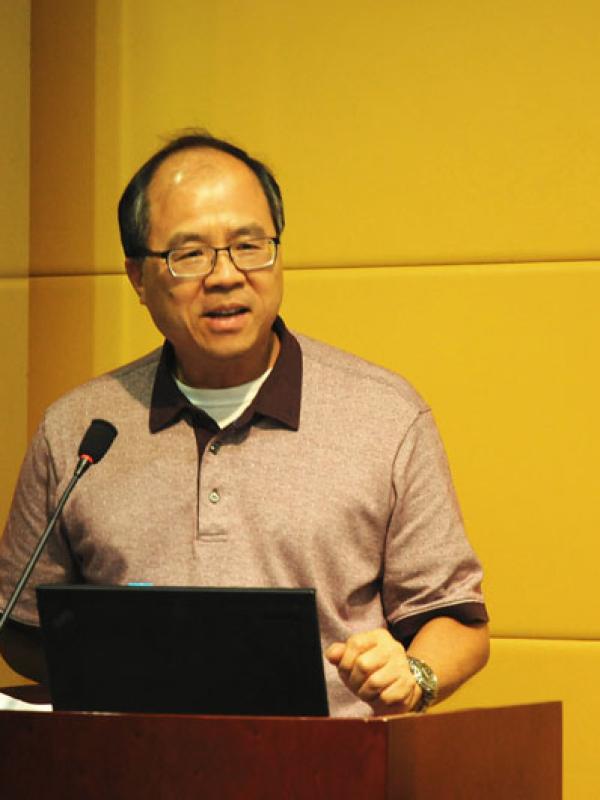Areas of Expertise
- Spatial Econometrics
- Theoretical Econometrics
- Econometrics of Networks
- Microeconomics
Education
- M.Phil. in Statistics, University of Waterloo, Ontario, Canada, 1974
- M.Math. in Pure Mathematics, University of Waterloo, Ontario, Canada, 1972
- M.A. in Economics, University of Rochester, Rochester, New York, 1976
- Ph.D. in Economics, University of Rochester, Rochester, New York, 1977
- B.Sc. in Mathematics, United College, The Chinese University of Hong Kong, Hong Kong, 1971
Professor Lee's research and publications are in the areas of microeconometrics and theoretical econometrics. He has studied issues on self-selection and discrete choices of economics agents; quantity rationing in consumption; disequilibrium market models; dynamic discrete choice behavior of individuals; and econometric issues on limited dependent variables such as binding nonnegative constraints, brand choices in purchasing decisions of consumers, limiting price movements in stock markets, rational expectations formation, switching regressions, and hidden Markov chains.
His current research is on the development of econometric models of spatial or social interactions. He has focused on the study of spatial interactions via the spatial autoregression models, which are cross-section models and have broad applications in regional economics. In the presence of panel data, both static and dynamic spatial autoregression models are studied. Static models may capture both spatial correlation and spatial heterogeneity. Spatial dynamic panels study spatial and temporal economic processes. Possible spatial cointegraton of regional markets can be detected in a framework of a spatial dynamic panel. Social interactions concern interactions among individuals or economic agents in groups or in networks. He considers model specifications and econometric estimation methods in order to detect effects of social interactions and network structures on economic outcomes of connected individuals. Networks can have rich structures so that various interaction effects, such as endogenous, contextual, and correlated effects can be separately identified. Networks can be endogenously formed and evolve over time. As networks are formed for certain purposes, so outcomes from a network might be subject to self-selection bias. Professor Lee's research focuses on the econometric specifications of network formation and the estimation of a network formation process in order to correct self-selection bias in outcomes.
Publications in econometric methodologies include parametric estimation, semiparametric estimation, computationally intensive simulation estimation methods, specification tests, and asymptotic theory for models with spatial correlation or social interactions.
His teaching is mainly in the area of econometrics, both graduate and undergraduate levels.

